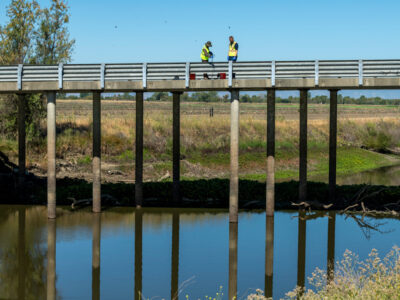Live Details
Register in advance to attend the broadcast using the following link
When?
The webinar is live from 10 am to 11 am on Friday, February 19. Or you can watch the recorded stewardship training at your leisure. Look for future emails with links including the CRC YouTube Channel information.
Does CRC have to provide a certificate?
Yes, a certificate of completion (Webinar Certificate of Completion) for the mandatory thiobencarb stewardship training will be available after you view the webinar. This is the certificate the necessary to add thiobencarb to your restricted materials permit at the County Agricultural Commissioner Office(s) where the rice is farmed.
What if you want continuing education credit?
It is a separate step like all online continuing education units (CEU) offered this year. A separate certificate is provided for the CEU credit. You will receive information about accessing the AgCEUOnline site and the “course” will be an exam offered until 5:00 PM on February 19.
How do I view the recorded webinar?
You can view recordings anytime the week following the live webinar. Links will be provided to sites including access to the CRC YouTube Channel. You will continue to have the option for taking the exam through the AgCEUOnline site.
How much CEU do I earn?
California Department of Pesticide Regulation (0.5 Laws & Regulations, 0.5 Aerial Pest Control Equipment & Application Technique, 0.5 Other)
Certified Crop Adviser (1 CEU Soil & Water Management, 0.5 CEU Crop Management)
For questions or more information, please contact CRC Industry Affairs Manager Roberta Firoved at rfiroved@calrice.org or (916) 206-5039.,



